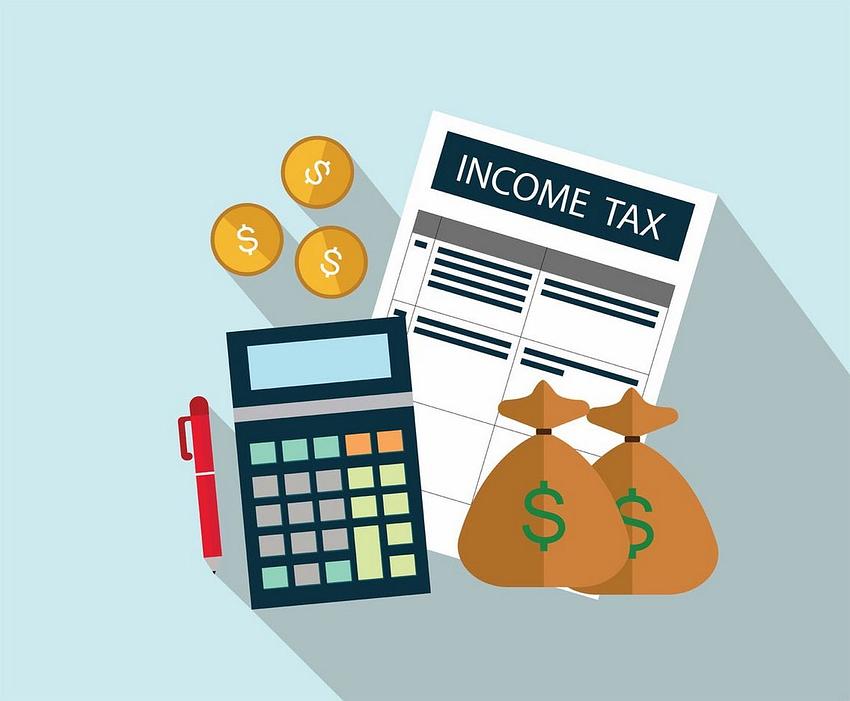Taxes and business taxation in Thailand

Taxes and business taxation are integral components of Thailand's economic structure. Thailand's tax system is designed to facilitate economic growth, attract foreign investments, and to ensure equitable contributions from both enterprises and individuals. In this discussion, we explore the essential components of taxes and business taxation in Thailand.
Corporate Income Tax:
A cornerstone of business taxation in Thailand revolves around the Corporate Income Tax (CIT). As of my last update in September 2021, the standard CIT rate for companies registered in Thailand was 20%. Nonetheless, small and medium-sized enterprises (SMEs) with registered capital not exceeding 5 million THB were entitled to a reduced rate of 15%. Additionally, certain industries and promoted activities enjoyed special tax privileges, including exemptions or reductions in CIT rates.
Value Added Tax (VAT):
Thailand enforces a Value Added Tax (VAT) on the provision of goods and services. As of my last update, the standard VAT rate was 7%. Enterprises that surpass a defined annual turnover threshold must undergo VAT registration and collect tax from their clientele. VAT stands as a vital revenue source for the Thai government, playing a pivotal role in funding public services.
Personal Income Tax:
Personal Income Tax (PIT) constitutes another pivotal component within Thailand's taxation framework. Tax rates for individuals follow a progressive structure, with percentages varying from 5% to 35%, contingent on income levels. PIT applies to both Thai residents and non-residents who generate income within Thailand's borders. Expatriates employed in Thailand may find advantages in tax treaties established between Thailand and their respective home countries, helping alleviate the issue of double taxation.
Withholding Tax:
Thailand enforces withholding tax on various payment categories, encompassing interest, dividends, royalties, and compensation for services. The applicable rates can fluctuate based on the type of payment and the tax treaty agreements in place between Thailand and the recipient's nation. Withholding tax obligations are typically the responsibility of the payer.
Double Taxation Agreements (DTAs):
Thailand has established Double Taxation Agreements (DTAs) with numerous countries to prevent the occurrence of double taxation on income. These agreements offer transparency regarding the taxation of diverse income categories, encompassing business profits, dividends, and interest. They also offer mechanisms for taxpayers to claim exemptions or reductions in withholding tax rates.
Tax Planning and Compliance:
Effectively managing the tax environment in Thailand necessitates meticulous planning and adherence to regulations. Enterprises frequently seek the counsel of tax specialists and legal professionals to guarantee their compliance with tax guidelines, capitalize on accessible incentives, and enhance their tax efficiency.
Changing Tax Landscape:
It's crucial to acknowledge that tax statutes and regulations can undergo changes over time. Remaining well-informed about the most recent tax revisions and prerequisites is imperative for businesses functioning in Thailand. Alterations in government policies and incentives can also influence the broader tax landscape.
In summary, taxes and business taxation play an essential role in Thailand's economic structure. Thailand's commitment to maintaining an attractive tax environment, coupled with its strategic location in Southeast Asia, continues to make it an appealing destination for businesses seeking growth opportunities in the region. To adeptly navigate Thailand's intricate tax system, businesses frequently depend on expert our guidance to guarantee compliance and optimize their financial effectiveness.


